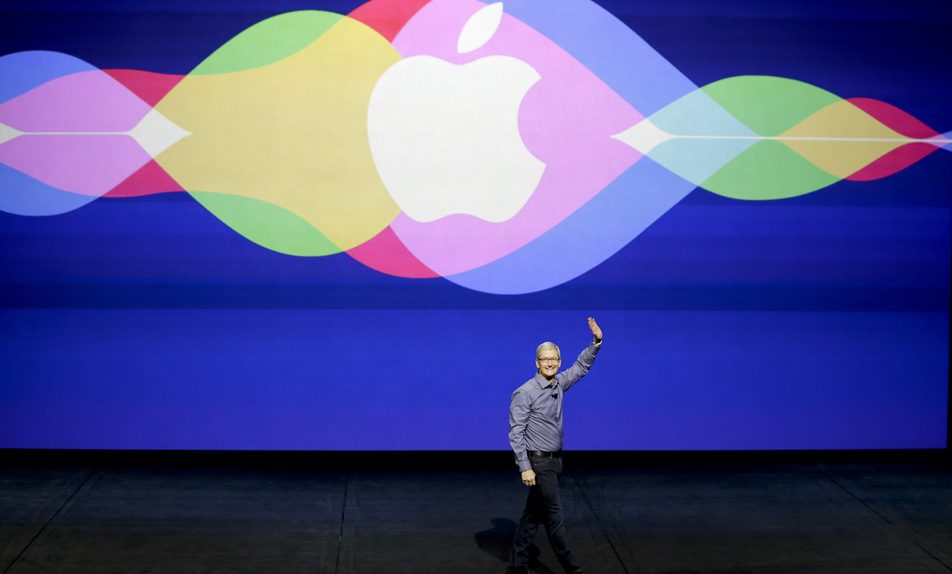Two unrelated reports suggest that Apple might have the technical capability of mass spying on its customers in a certain area and feeding the obtained information to intelligence agencies that would be able to take immediate measures. Apple has long maintained that the privacy and security for its users are more important than government backdoors into its software, and Tim Cook’s opposition to the FBI in early 2016 sparked a massive debate on encryption.
But, just recently, Cook confirmed that Apple helped the UK following the terrorist threats that hit the country in the past month. In what capacity did Apple intervene? Cook didn’t say, and an anecdote from a recent event has raised concerns that Apple is helping with mass spying.
A paragraph at the end of a Rolling Stone story about the OneLove Manchester benefit concert detailed a rather disturbing story. Here it is in full, as published by Kory Grow:
And it felt incredibly safe. As I made my own way to the tram, I wrote in my Apple Notes app, ‘Helicopter hovering overhead,’ which to me signified that the fans were being watched over. Then two policemen stopped me and asked me who I was with and whether I’d written anything about a helicopter into my phone, without explaining the technology of how they’d read my Notes app. After a friendly back-and-forth, they looked through my bag, checked my ID and business card and determined I wasn’t a threat. ‘You have to understand, tensions are running high,’ one of the men said with a smile and a handshake, allowing me through the gate. Manchester was secure tonight.
It’s likely that an iPhone-wielding journalist taking notes about an event would actually save those notes in the cloud, for fast retrieval on a MacBook, or another computer.
What Grow seems to imply here is that UK intelligence agencies were able to act minutes after he typed those words in the app. If that’s true, then the only way they’d be able to do that is with Apple’s help. Apple could in theory access iCloud data, and with the help of advanced AI and machine learning, it could pinpoint possible suspects to law enforcement.
That sounds rather scary — and it’s just speculation at this stage/
Here’s what Cook told Bloomberg about Apple’s involvement.
“We have been cooperating with the U.K. government not only in law enforcement kind of matters but on some of the attacks. I cannot speak on detail on that. But in cases when we have information, and they have gone through the lawful process we don’t just give it, but we do it very promptly.”
Cook, however, said that Apple did not break the encryption and instead used metadata information. Strong encryption “doesn’t mean no information. Metadata exists, and that’s very important for building a profile,” he said. So Apple could have told UK intelligence who’s talking to whom and where they are, without revealing the encrypted contents.
As recent as mid-May, a Russian security company that develops forensic software, discovered that deleted Apple Notes would still be retrievable from iCloud even after the 30 days period when they remain active in the Recently Deleted folder.
A The Wall Street Journal report in mid-March 2016 said that Apple is looking to improve iCloud encryption without harming users. At the time, Apple was able to decrypt information stored in iCloud.








